Jose Parra was recently approached by a coworker who asked him, "Are you gay?" Before Jose could respond, his coworker said. "I hate gay people!" and then-sucker punched him in the ribs. Jose then did what most of us would do -- he reported the incident to his supervisor. Nothing was done.
Jose opened my eyes to an integral part of America's food chain and what happens behind its windowless walls when he courageously spoke out about his experience hauling 50 pound trays of fruit for the largest retailers in America. Jose works at Taylor Farms, which supplies major retailers with chopped fruits and vegetables, and unfortunately his story is not unique. It falls in line with a well-documented history of worker mistreatment at Taylor Farms.
Jose is part of a movement sweeping the country of hardworking people standing up for equality. They are fighting for a higher minimum wage, paid sick days, fair immigration laws, and an end to police brutality. For Jose, the struggle that started to win fair wages and a permanent, full-time job also became a struggle for an end to discrimination.
Jose is an openly gay man. He is also one of thousands of workers who clean, chop, and package the fruits and vegetables retailers use to make burritos, deli salads, and fruit cups. But behind the pre-sliced bell peppers in a Jack in the Box burger are workers laboring nearly invisibly in deplorable conditions. Taylor Farms, though not a household name, supplies the salsa sold by Walmart, the pre-cut fruit available at Starbucks, and deli salads at Safeway. It is located just 60 miles from San Francisco in California's Central Valley.
Jose and his coworkers work on assembly lines in an ice-cold warehouse, often six days a week and up to 16 hours a day preparing the salads and fresh-cut produce sold at large grocers like Safeway, Costco, and Kroger. For years, the owners and management at Taylor Farms have staved off responsibility for complaints of egregious labor practices by blaming third-party temp agencies they retain to staff the plants. Not only have labor complaints fallen on deaf ears, the company has also ignored workers who say they were sexually harassed and discriminated against.
Jose shared his experience with the Political Action Committee of the Harvey Milk LGBT Democratic Club in San Francisco. We also heard about another openly gay man at Taylor Farms who was asked to apologize to his aggressor when he complained about being harassed. The worker -- who asked not to be named -- said the woman repeatedly taunted him for being gay. She rubbed her breasts and other parts of her body up against his, and made suggestive comments. In one instance, she grabbed him by the genitals and then ridiculed him in front of his coworkers for not responding to her advance.
Supervisors all but ignored the worker's complaints, even though he told them the harassment was almost daily and provided them with a written description of everything that happened, as well as a list of people who could vouch for his account. The supervisors didn't take any actions to stop the abuse. They didn't speak to any witnesses. All they did was move the woman to a different section of the plant. Jose and a group of workers who also sustained prolonged sexual harassment while working at Taylor Farms are now suing the company. The group, unfortunately, is growing and includes several men and women who were harassed by coworkers and managers at the plant. They are now speaking out about the abuse they have experienced behind the scenes ensuring there is food on America's tables.
No member of the LGBT community -- or any person, for that matter -- should have to endure physical and verbal abuse, especially when they are working to support and better themselves and their families.
At the Harvey Milk LGBT Democratic Club, we have worked to ensure the safety of all workers, regardless of their sexual orientation or gender, by helping to get progressive queers elected and supporting progressive causes in San Francisco politics.
But it is up to all of us to speak out against any employer who can't guarantee that the people who are making our businesses prosper -- who put food on our tables -- are treated with dignity and respect. That requires that all workers are compensated with a living wage and the right to a union. It requires that they be protected from dangerous working conditions. And it requires that employers take action when their employees are subject to discrimination. That's how we carry Harvey Milk's legacy forward.
COREY HALLMAN is the executive board member of the Harvey Milk LGBT Democratic Club.
TOM TEMPRANO & LAURA THOMAS are the co-presidents of the Harvey Milk LGBT Democratic Club.
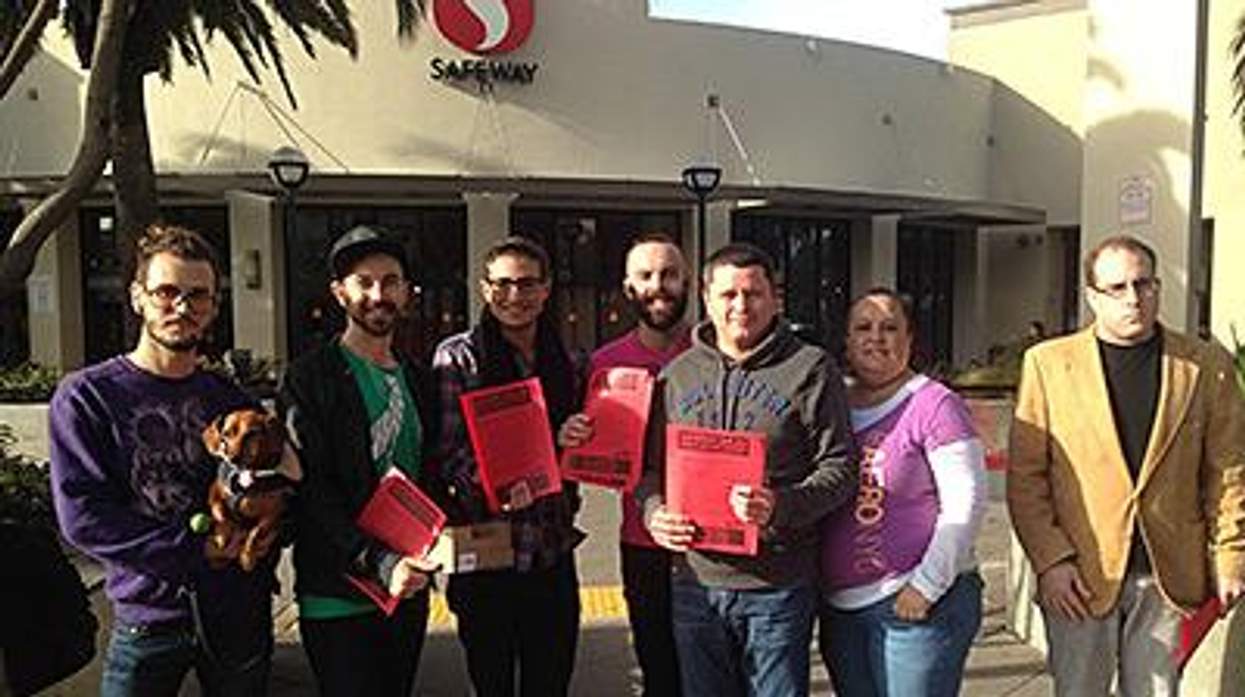









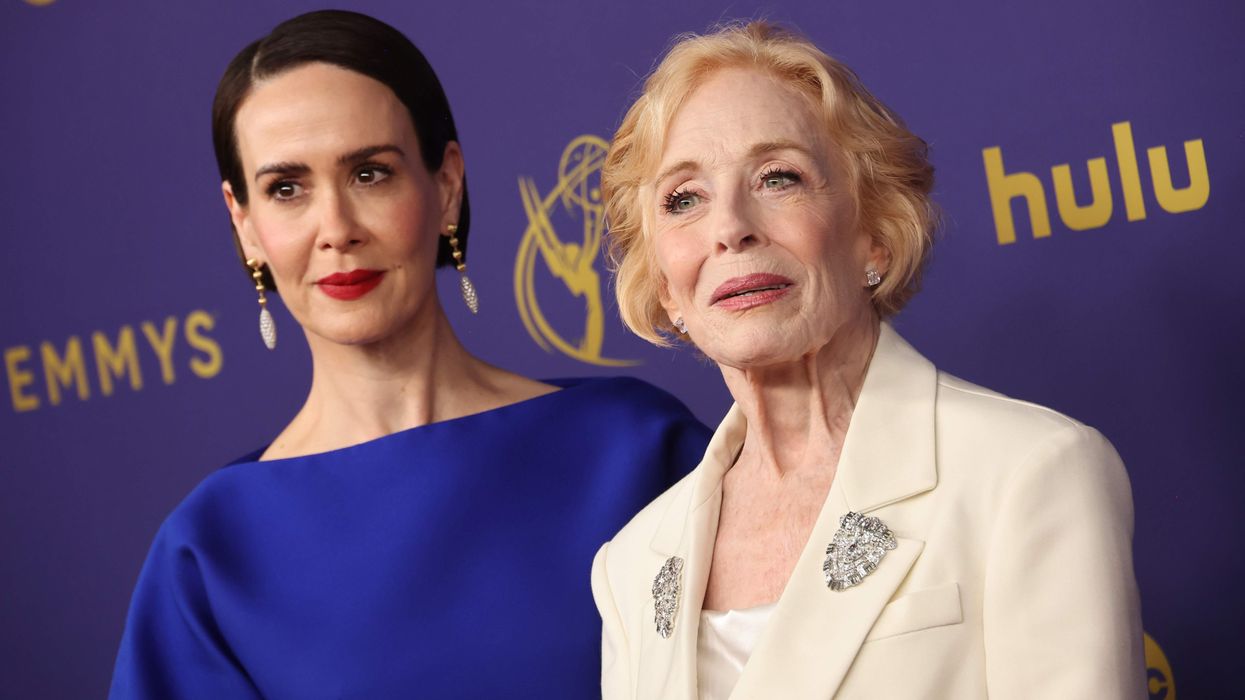

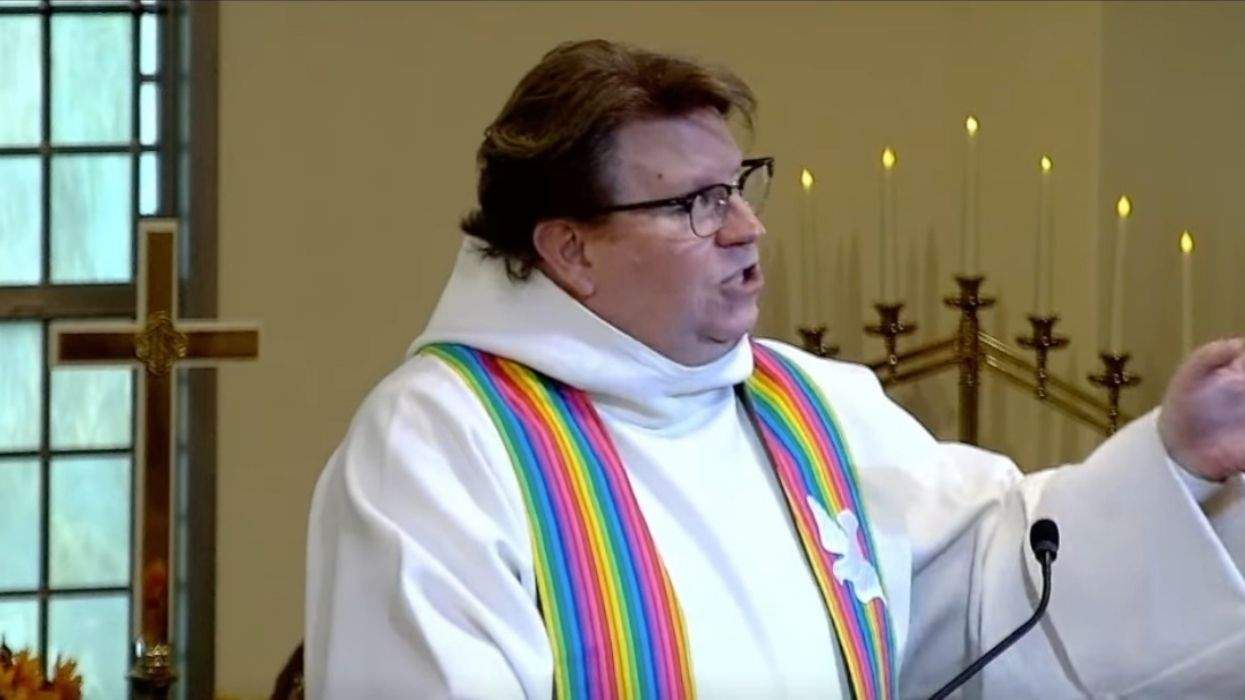


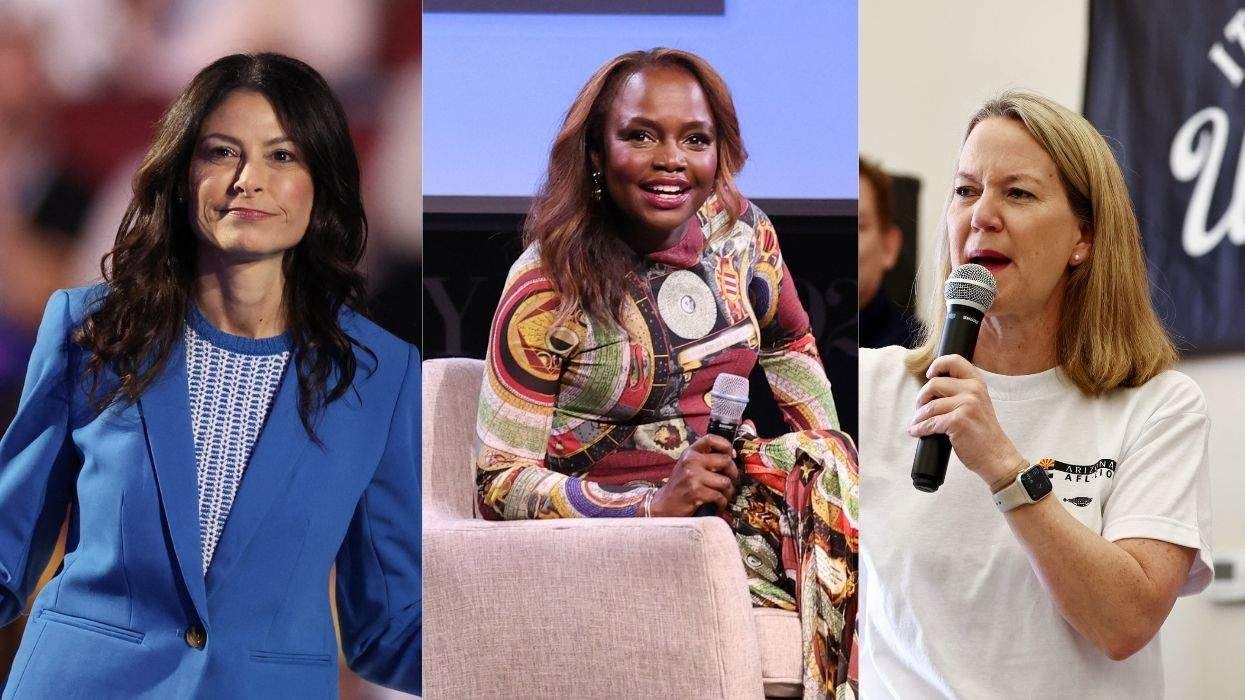



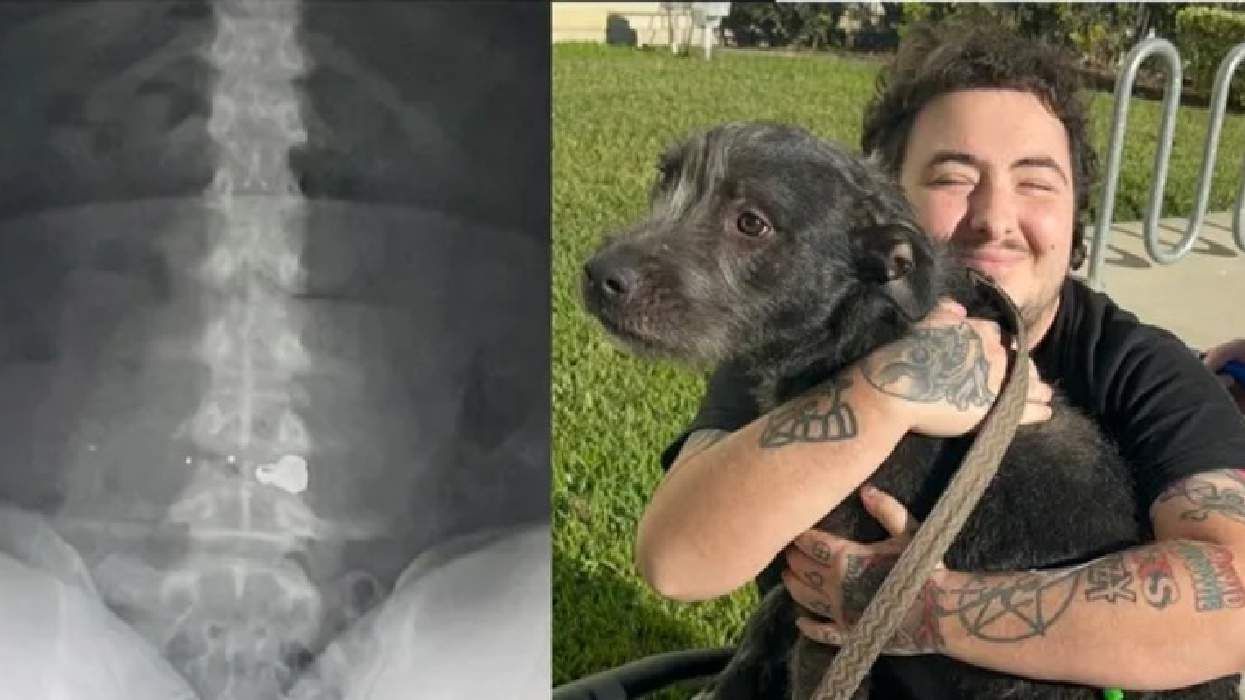
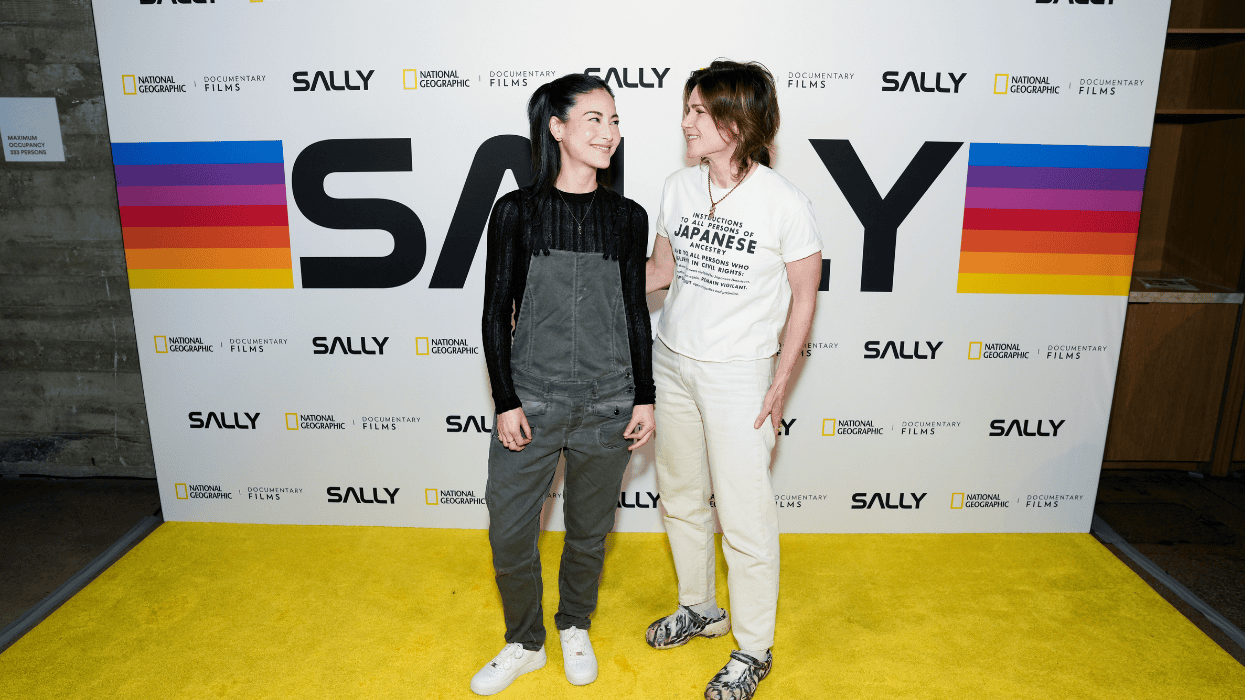
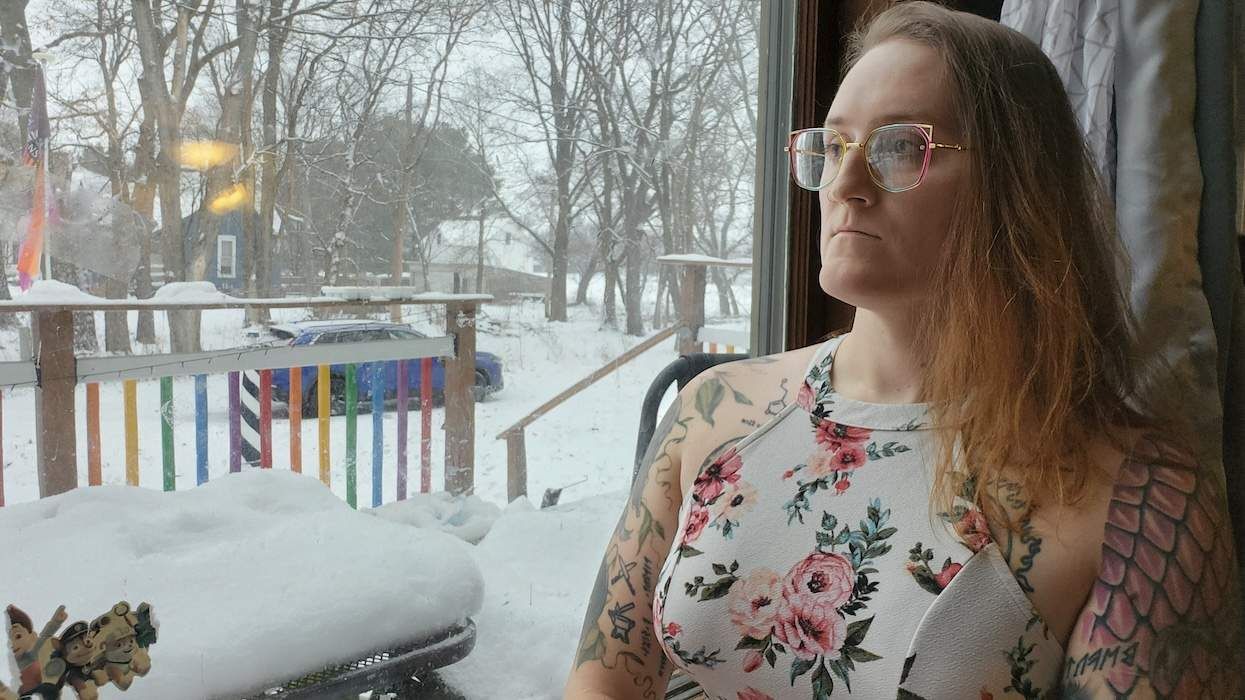

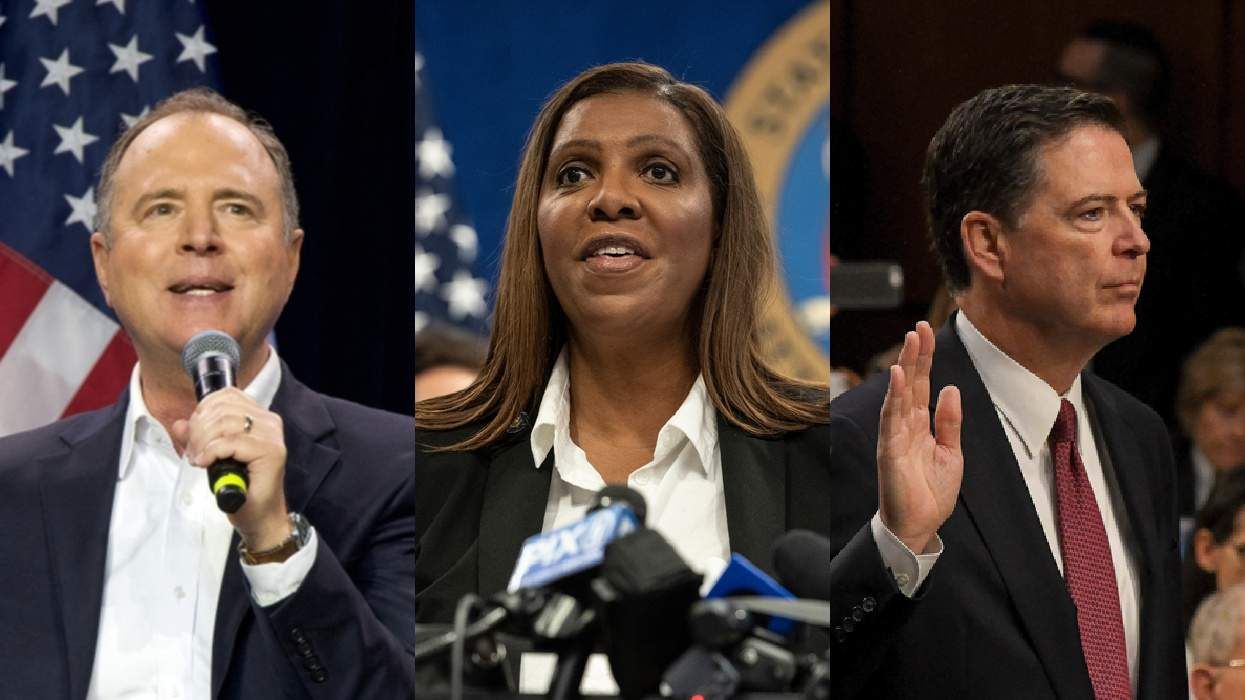

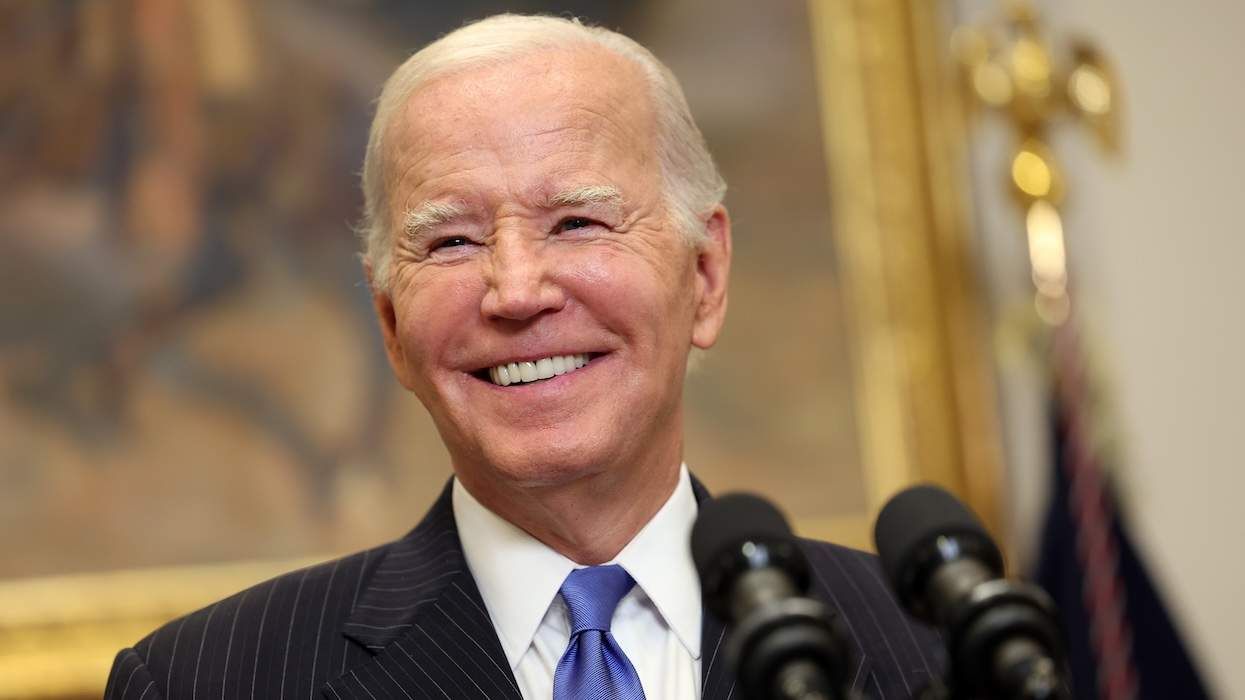
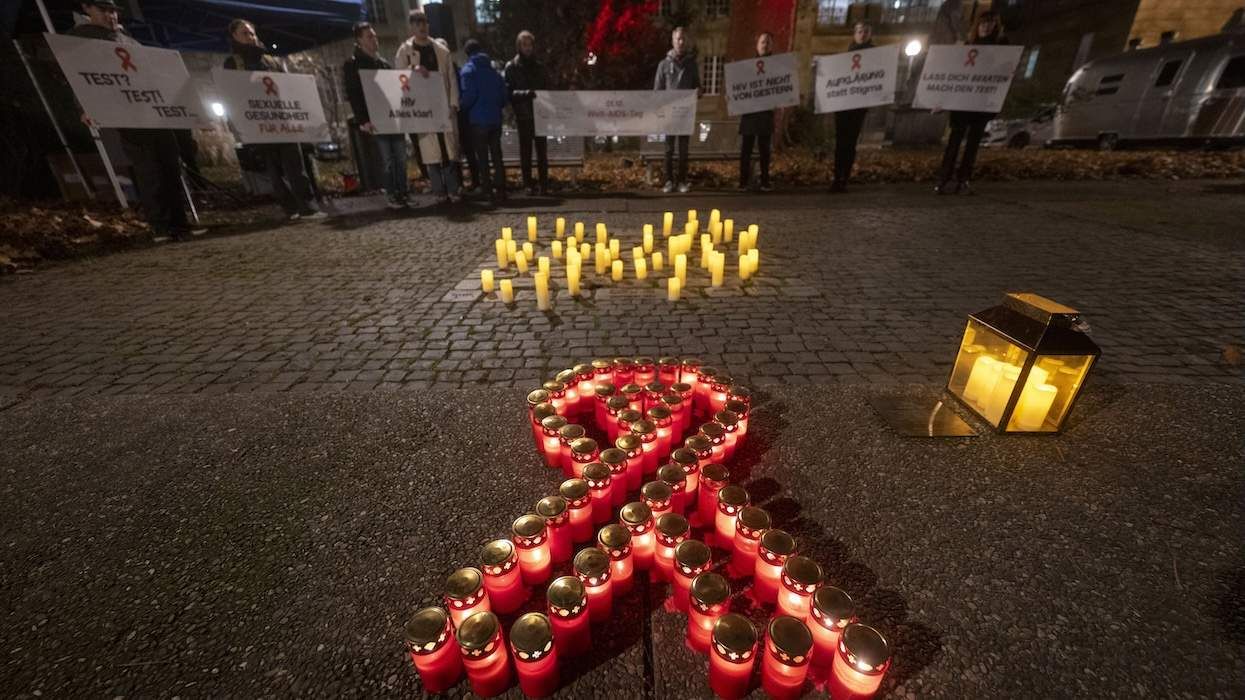
























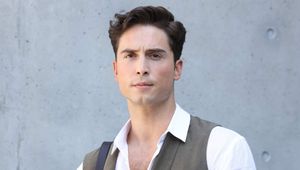
















Charlie Kirk DID say stoning gay people was the 'perfect law' — and these other heinous quotes